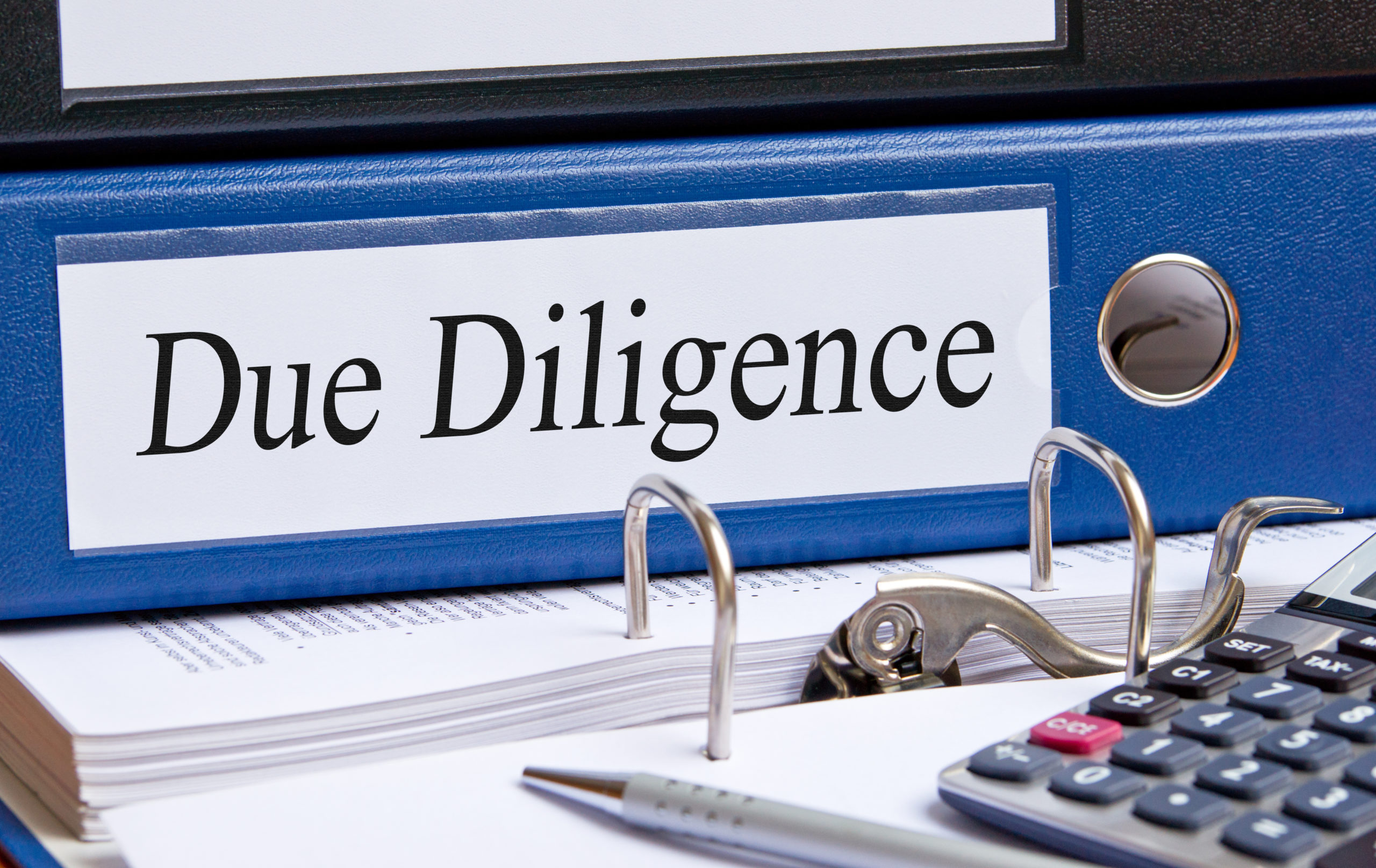
A due diligence investigation is an important step when purchasing a business in Australia and is a key component to ensure a successful acquisition and handover. By completing an in-depth look at the running operations, buyers are more possible to determine the value, associated risks and ongoing potential of the business.
Due Diligence Guide For Purchasing a Business
Due diligence also enables a buyer to confirm the facts and details provided and provides the opportunity to raise any inconsistencies and allow for informed negotiations before the contract is signed. This article aims to provide an overview of the due diligence required when buying an Australian business and will cover:
- Key areas reviewed;
- The process;
- Time frames to be aware of; and
- Professionals who can assist.
Practical Tips :Due diligence Checklist when buying a business
What to Review as a business buyer
You should investigate all business records, issues and assets that will help you decide whether to go ahead with the purchase. This will help you to understand:
- how the business has been operating recently;
- whether there are any issues you should be concerned about; and
- inform your decision on how to proceed with the purchase.
Three key areas are reviewed during a due diligence investigation;
- Financial Due Diligence
The purchaser will need to thoroughly check each of the following for the business:
Financial issues / accounts
* Management accounts
* Annual accounts
* Asset valuations
* True extent of liabilities (including anticipated liabilities)
The documents required to examine this include the last three to five years of profit and loss statements, balance sheets, tax returns and sales records.
| Key Issues/Documents | Explanation |
| Profit and loss statement | This shows how much money or profit the business is making |
| Balance sheets | Including accumulated entitlements to annual leave or other employee benefits |
| Tax returns | To understand the revenue of the business and the tax required to be paid each year (on average) |
| Sales records | To check how the products or services of the business perform (i.e. which product line is most valuable) |
| The valuation of the business | This is how much the business is worth |
- Business / Commercial Operations; and
Business or Commercial operations, essentially, encompasses the commercial viability of the business and the likelihood for future success.
These include the business location, growth opportunities, competition and the condition of the key assets such as vehicles, computers and machinery.
| Key Issues/Documents | Explanation |
| Location | Is it a busy area or are there any impending developments? |
| Growth opportunities | Is it a declining industry? |
| Competition | Are there other similar businesses competing with yours? |
| Business suitability | What experience do you have in the industry? |
| The condition of key assets | For example, computers, ovens, vehicles etc. |
- Legal documents.
Legal elements of due diligence include
* corporate information
* asset ownership and
* current contracts including leases and employment contracts.
| Key Issues/Documents | Explanation |
| Corporate information about the seller | If they are a company, confirming who the directors are. |
| Asset ownership | Who owns trade marks, software etc. |
| The contracts in place | Leases for the premises, supply contracts etc. |
| Employees | Whether they have valid contracts and are employed under the appropriate awards? |
| Compliance with laws and regulations | Confirm if appropriate licences are in place, such as liquor licences, food licences etc. |
Process of Conducting Due Diligence on Purchasing Australian businesses
There are six steps in a due diligence process.
Step 1: Request documentation
Step 2. Review Received Documentation
Step 3. Requests for Information (RFI)
Step 4. Received RFI Responses Received
Step 5. Prepared and Assessed Reports
Step 6. Proceed with the Purchase
This report can have various formats but typically include:
- A statement describing the research that has been conducted;
- SWOT analysis;
- Information that may affect the business dealings, such as liabilities and debts;
- Statistical information including valuation reports, inspections and market analysis; and
- The supporting documentation to verify the information collected.
Time frames To Be Aware Of
Because the requirements of due diligence vary greatly, determining how long due diligence will take is determined on a sale-by-sale basis. For a simple business purchase, due diligence can take a few weeks. However, the due diligence for a complex, document-heavy acquisition can take several months or even years to complete.
Lengthy delays can be caused if the seller refuses to provide the requested documentation. Often, this can be rectified with a non-disclosure or confidentiality agreement which could alleviate any uncertainty around how the information provided will be used.
A due diligence clause can be inserted into the business sales contract to enable the buyer the ability to investigate before the contract goes unconditional.
Professionals Who Can Assist
Completing due diligence ahead of a business purchase can be a lengthy and information-heavy process, especially if the purchase is complex. Therefore, it is important to have a team of professionals from key industries to assist using their wealth of knowledge and expertise to create a full picture of the business of interest to ensure the buyer can make an informed decision. This team may include an:
- Accountant
To give an independent evaluation of the business’s financial reports
- Business advisor/broker
To help determine the success of business operations and highlight any commercial issues.
- Commercial Lawyer
To evaluate the legal documentation of the business and assist in the drafting of the sale documentation.
NB Lawyers, Lawyers for Employers are experienced in all matters of due diligence associated with the purchase of an Australian business and can assist throughout the entire sale process. If you are purchasing a business and require a lawyer on your team, contact NB lawyers today on (07) 3876 5111.
Commercial Team Members

Daniel Dash
Senior Associate
NB Lawyers – lawyers for employers
[email protected]
+61 (07) 3067 6153

Zahra Rashedi
Lawyer
NB Lawyers – lawyers for employers
[email protected]
+61 (07) 3067 6153
Daniel Dash and Zahra Rashedi are part of the commercial law team at NB Lawyers – lawyers for employers working with individuals and business owners on a range of matters including business sales, property disputes, estate disputes, shareholder agreements, intellectual property, litigation and taxation matters.

